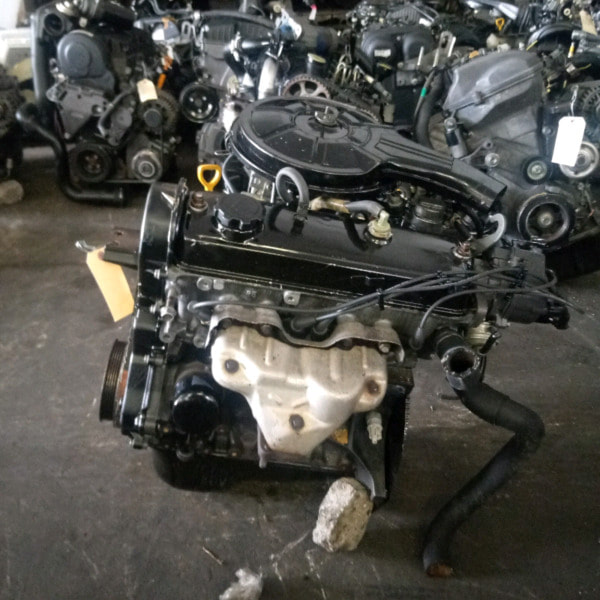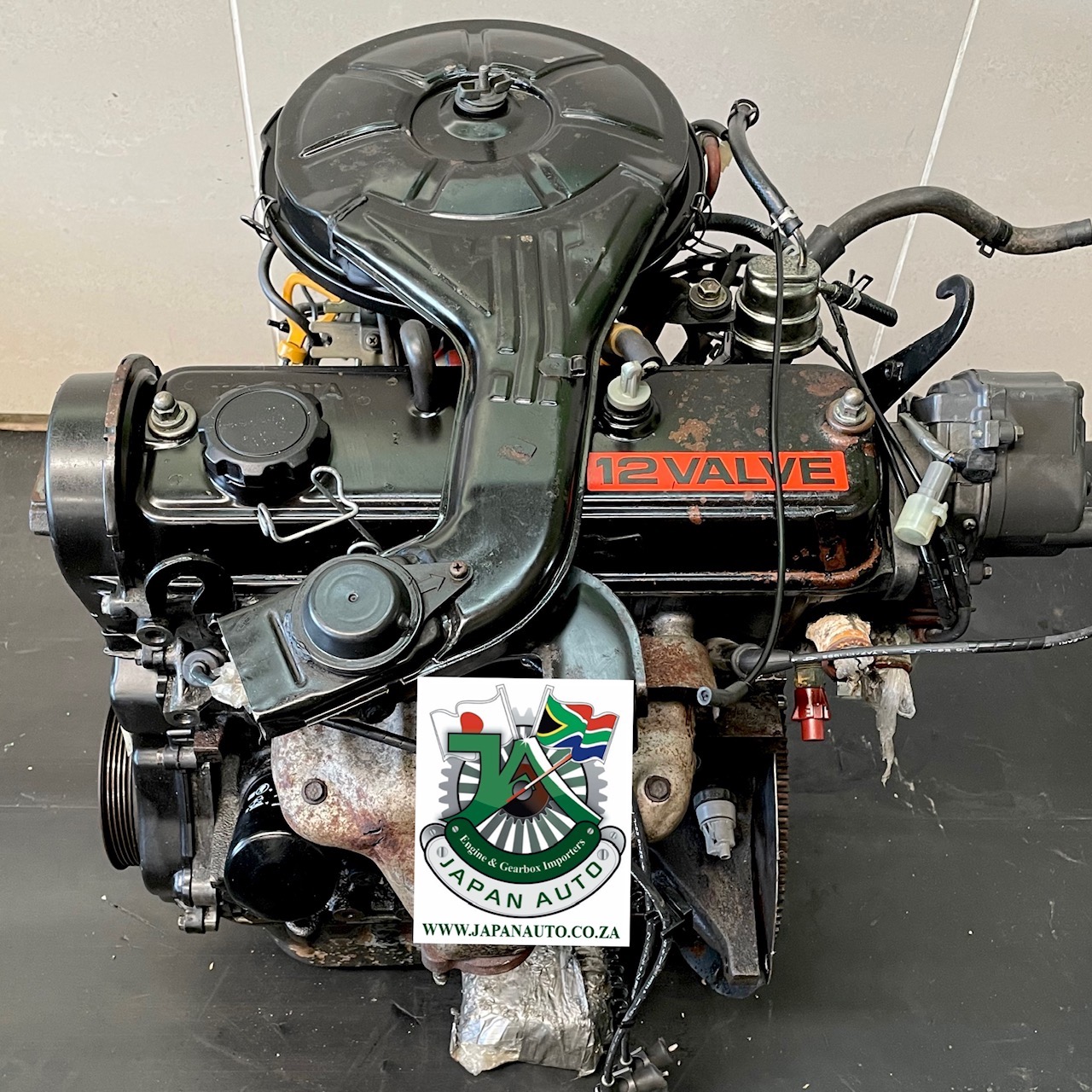Toyota Tazz: Exploring Its Legacy and Continued Appeal Among Drivers
Toyota Tazz: Exploring Its Legacy and Continued Appeal Among Drivers
Blog Article
Explore the Most Current Patterns in Engine Modern Technology Via Tazz
In the rapidly developing landscape of automobile innovation, Tazz stands at the leading edge, highlighting substantial innovations in engine systems that focus on both technology and sustainability. tazz. From crossbreed engines that maximize gas performance to the appearance of hydrogen gas cells, the fads forming modern-day powertrains are not just improving efficiency however likewise attending to important ecological difficulties. As the market remains to push boundaries, it is necessary to consider just how these growths will certainly influence future transportation solutions and the broader effects for international energy consumption. What lies in advance in this essential change?
Hybrid Engine Innovations
Crossbreed engine technologies stand for a pivotal change in vehicle modern technology, integrating the benefits of inner combustion engines with electrical propulsion systems. This integration not just improves gas effectiveness yet likewise lowers discharges, meeting increasingly rigid environmental guidelines. By making use of both energy resources, hybrid engines can optimize performance, supplying power when needed while preserving fuel during much less demanding driving problems.
Recent developments in crossbreed technology consist of renovations in battery efficiency and regenerative stopping systems. These technologies allow for higher power recovery during slowdown, which can be rerouted to assist in acceleration or power accessory systems. Furthermore, producers are concentrating on portable layouts and lightweight materials to make best use of the efficiency of hybrid powertrains.
The development of plug-in hybrids has also expanded the market, allowing motorists to bill their automobiles utilizing typical electric outlets. This attribute often permits significant all-electric range, more lowering dependancy on typical gas. tazz. As the auto sector remains to progress, hybrid engine innovations are expected to play an important function in bridging the gap in between standard automobiles and completely electric models, providing a transitional remedy that deals with diverse customer requirements and preferences
Advancements in Electric Powertrains
The auto landscape is quickly advancing, with electrical powertrains arising as a leading force in sustainable transportation. Advances in electric lorry (EV) technology are dramatically improving individual, performance, and efficiency experience. Key technologies consist of renovations in battery chemistry, which have enhanced power thickness, lowered charging times, and prolonged total battery life.
Solid-state batteries, for instance, guarantee to reinvent the marketplace by providing greater security and efficiency compared to standard lithium-ion cells. Developments in regenerative braking systems are enabling vehicles to recuperate energy throughout slowdown, adding to overall performance.
Along with battery modern technology, electric motor styles are ending up being a lot more innovative. Developments such as incorporated electric motors and progressed thermal management systems are assisting to maximize power shipment and minimize weight, inevitably enhancing lorry characteristics.

Jointly, these developments emphasize the commitment to transition towards cleaner, extra effective transport remedies, placing electrical powertrains at the center of auto click here for more info technology.
The Rise of Hydrogen Fuel Cells
Significantly, hydrogen fuel cells are getting grip as a sensible alternative to typical interior burning engines and battery electric vehicles. This technology takes advantage of the chemical energy saved in hydrogen, converting it into electrical power via an electrochemical reaction with oxygen. The main byproduct of this process is water, making hydrogen gas cells an environmentally pleasant choice with zero emissions at the tailpipe.

Car manufacturers are progressively spending in hydrogen gas cell technology, acknowledging its possibility for long-range applications and rapid refueling abilities that measure up to standard fuels. In addition, industries such as durable transportation and public transit are particularly fit for hydrogen gas cells, where battery electrical remedies might fail because of weight and range limitations.
As research study and investment remain to expand, hydrogen gas cells are positioned to play a substantial role in the future landscape of tidy transportation and power options.
Enhancements in Internal Combustion Engines
Developments in interior burning engine (ICE) technology are changing traditional cars to fulfill modern-day ecological requirements and efficiency assumptions. Straight fuel injection, for circumstances, allows for better atomization of gas, leading to even more complete burning and improved power result.
Furthermore, turbocharging has actually gotten prestige, permitting smaller sized engines to deliver higher performance without the weight of bigger engines - tazz. This modern technology not only improves performance however additionally adds to reduce gas usage. Variable valve timing systems are additionally being refined, making it possible for engines to adapt to numerous driving conditions for enhanced torque and responsiveness
Furthermore, the usage of light-weight materials in engine building and construction is becoming typical, further boosting fuel efficiency by minimizing general vehicle weight. Engine control devices (ECUs) are increasingly innovative, enabling real-time modifications that maximize efficiency and emissions.
These enhancements jointly represent a crucial change in ICE technology, aligning with international sustainability goals while still offering the efficiency drivers expect from their lorries. As the market progresses, these enhancements remain to shape the future of traditional automotive engineering.
Future Patterns in Engine Effectiveness
Considerable innovations in engine effectiveness are expected as producers concentrate on integrating advanced innovations to satisfy strict ecological article regulations and consumer needs. The shift towards electrification, hybrid systems, and different gas is improving the automotive landscape, driving developments that boost fuel economic climate and lower discharges.
Among the crucial fads is the execution of innovative materials and making techniques. High-strength alloys and lightweight composites contribute to decreased automobile weight, therefore enhancing total effectiveness. Furthermore, the fostering of turbocharging and variable shutoff timing technologies allows for improved power output from smaller sized engines, further improving gas economic climate.

Conclusion
In verdict, the exploration of engine innovation exposes considerable improvements that focus on sustainability and performance. Innovations in crossbreed engine systems, electrical powertrains, and hydrogen gas cells show a dedication to minimizing exhausts while enhancing performance. Renovations in inner burning i thought about this engines and a focus on lightweight products contribute to total engine efficiency. As the auto industry remains to develop, these patterns will play a crucial duty fit a cleaner and even more sustainable future for transportation.
From hybrid engines that enhance fuel performance to the appearance of hydrogen fuel cells, the trends forming contemporary powertrains are not only enhancing efficiency yet additionally resolving important environmental obstacles.Crossbreed engine developments represent a crucial shift in auto modern technology, incorporating the benefits of internal combustion engines with electric propulsion systems.Additionally, turbocharging has actually obtained prominence, permitting smaller engines to deliver greater efficiency without the weight of larger engines. In addition, the fostering of turbocharging and variable shutoff timing technologies enables for boosted power output from smaller engines, additionally enhancing gas economy.
Enhancements in interior combustion engines and an emphasis on light-weight products add to total engine performance.
Report this page